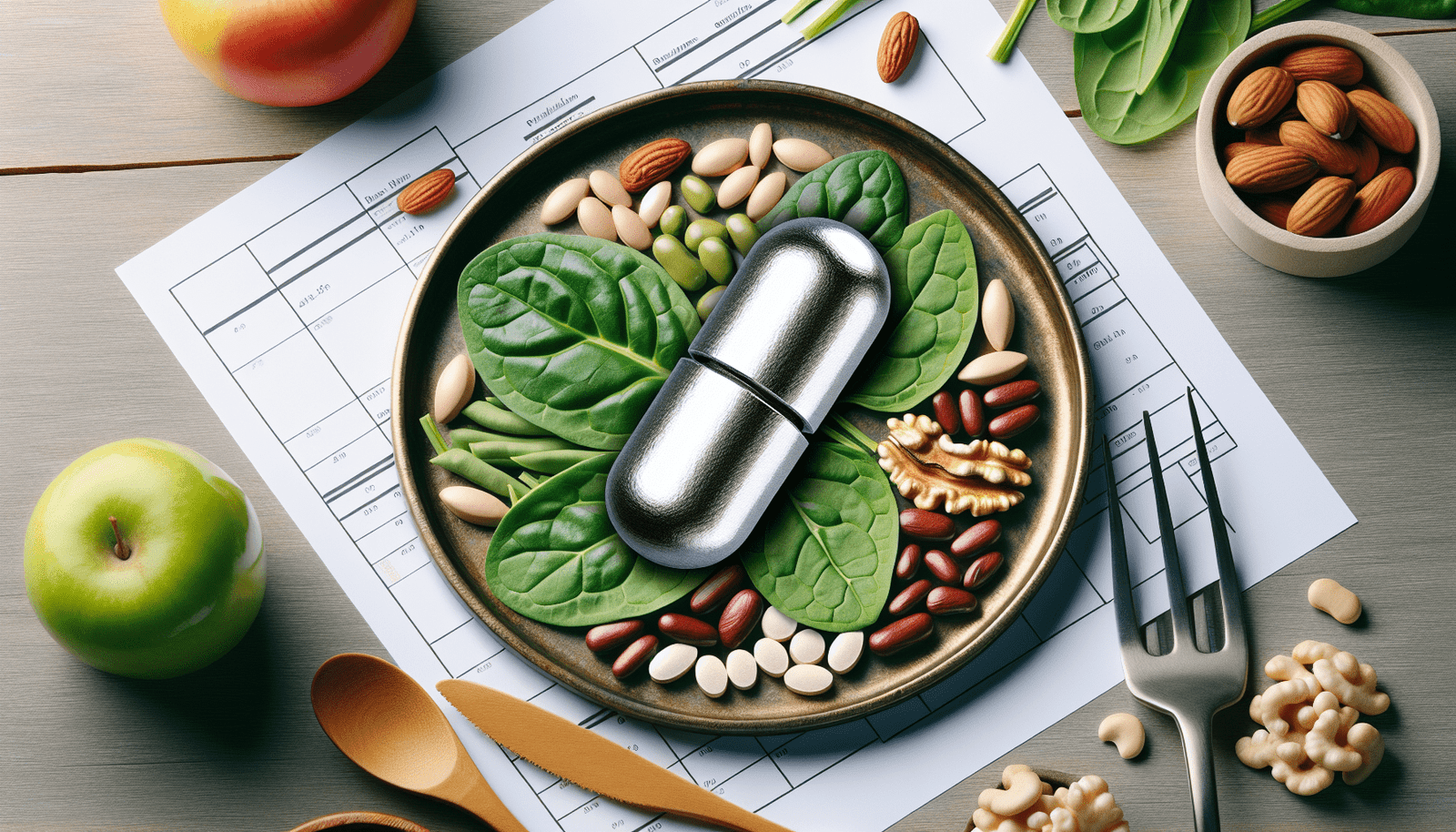Welcome to an enlightening article that will delve into the importance of zinc in your daily diet. From boosting your immune system to supporting wound healing, this essential mineral plays a crucial role in maintaining your overall health and well-being. Join us as we explore why zinc matters and how you can incorporate this vital nutrient into your daily routine for optimal health benefits. Have you ever wondered why some people swear by zinc supplements for their immune health or why zinc oxide is a common ingredient in sunscreen? Let’s dive into the world of this essential mineral and discover why it matters for your overall health and well-being.
What is Zinc?
Zinc is an essential mineral that plays a crucial role in various bodily functions, including immune function, wound healing, DNA synthesis, and growth and development. It is also a powerful antioxidant that helps protect cells from damage caused by free radicals. Your body cannot produce zinc on its own, so it must be obtained through your diet or supplementation.
Unlocking the Benefits of Zinc
Zinc is involved in over 300 enzymatic reactions in the body, making it essential for overall health. From supporting your immune system to aiding in digestion and metabolism, zinc plays a vital role in keeping your body running smoothly. Ensuring an adequate intake of zinc can help boost your immune system, promote healthy skin, and improve wound healing.
Signs of Zinc Deficiency
Not getting enough zinc in your diet can lead to a range of health issues, as this mineral is essential for various bodily functions. Some common signs of zinc deficiency include weakened immune function, slow wound healing, hair loss, loss of appetite, and impaired sense of taste or smell. If you suspect you may be deficient in zinc, it’s essential to consult with a healthcare professional for proper testing and guidance.
Listening to Your Body
Our bodies are incredibly intelligent and often give us subtle clues when something is off balance. Paying attention to any signs or symptoms of deficiency can help you pinpoint potential issues and take steps to address them. If you’re experiencing any of the symptoms associated with zinc deficiency, it may be time to evaluate your diet and consider incorporating more zinc-rich foods or supplements.
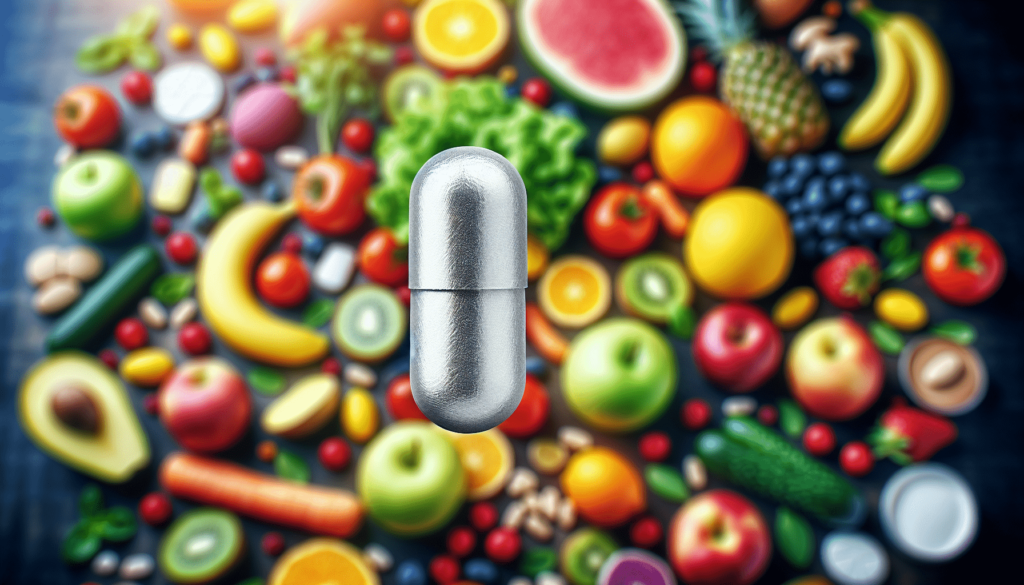
The Importance of Zinc for Immune Health
Zinc is well-known for its role in supporting a healthy immune system. It helps to regulate immune responses, promote the function of white blood cells, and protect against infections. Research has shown that zinc deficiency can impair immune function and make you more susceptible to infections and illnesses.
Boosting Your Body’s Defenses
By ensuring you have an adequate intake of zinc, you can help strengthen your body’s defenses against pathogens and support your immune system’s ability to fight off infections. Incorporating zinc-rich foods like oysters, beef, chickpeas, and pumpkin seeds into your diet is an excellent way to support your immune health and overall well-being.
Zinc for Skin Health
In addition to its role in immune function, zinc is also essential for maintaining healthy skin. It helps to promote collagen formation, which is crucial for skin repair and wound healing. Zinc is a common ingredient in skincare products due to its anti-inflammatory and antibacterial properties, making it effective in treating acne and other skin conditions.
Nourishing Your Skin from Within
Including zinc-rich foods in your diet can help nourish your skin from within and promote a clear, healthy complexion. Zinc supplements may also be beneficial for individuals struggling with acne or other skin issues, as they can help reduce inflammation and support skin healing. Remember to consult with a dermatologist or healthcare provider before starting any new skincare regimen or supplement routine.
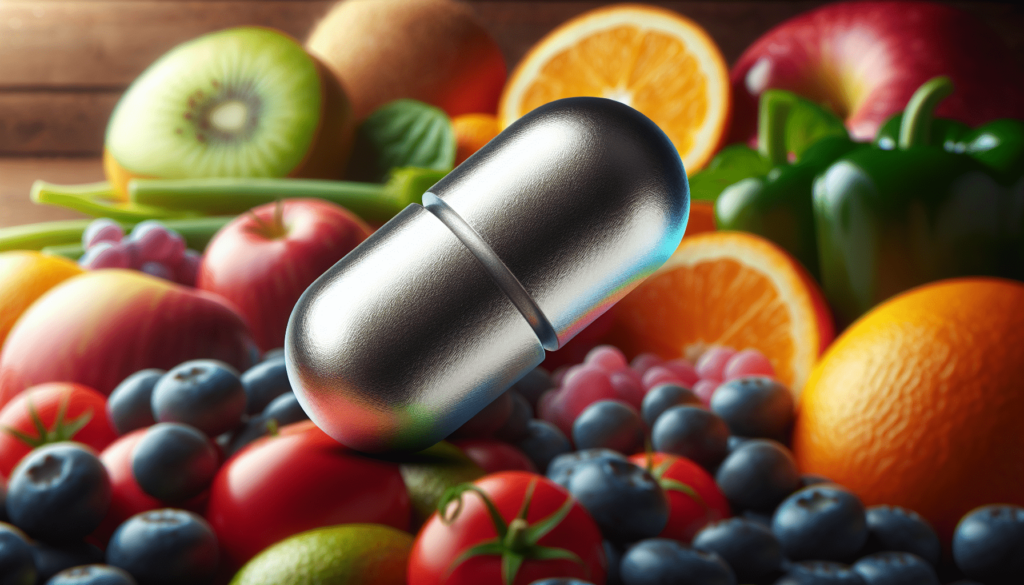
How to Get Enough Zinc in Your Diet
Ensuring you’re getting enough zinc in your diet is essential for maintaining optimal health and well-being. The recommended daily allowance (RDA) for zinc varies depending on age, gender, and life stage. Most adults need around 8-11 mg of zinc per day, which can be easily obtained through a balanced diet rich in zinc-containing foods.
Zinc-Rich Foods to Include in Your Diet
Here are some excellent food sources of zinc to consider incorporating into your meals:
| Food Source | Zinc Content (per 100g) |
|---|---|
| Oysters | 78.6 mg |
| Beef | 9.0 mg |
| Chickpeas | 1.5 mg |
| Pumpkin Seeds | 10.3 mg |
| Chicken | 1.3 mg |
| Cashews | 5.6 mg |
| Lentils | 3.3 mg |
Including a variety of these zinc-rich foods in your diet can help ensure you’re meeting your daily zinc requirements and supporting your overall health.
Zinc Supplements: What You Need to Know
If you’re having trouble meeting your daily zinc needs through diet alone, zinc supplements can be a convenient solution. There are various forms of zinc supplements available, including zinc gluconate, zinc citrate, and zinc orotate. It’s essential to choose a high-quality supplement from a reputable brand to ensure you’re getting a safe and effective product.
Understanding Zinc Absorption
The body’s ability to absorb zinc can be influenced by various factors, such as the presence of phytates in plant-based foods, which can inhibit zinc absorption. Combining zinc-rich foods with sources of vitamin C can help enhance zinc absorption and maximize its benefits. It’s also crucial to follow the recommended dosage for zinc supplements to avoid any potential side effects.
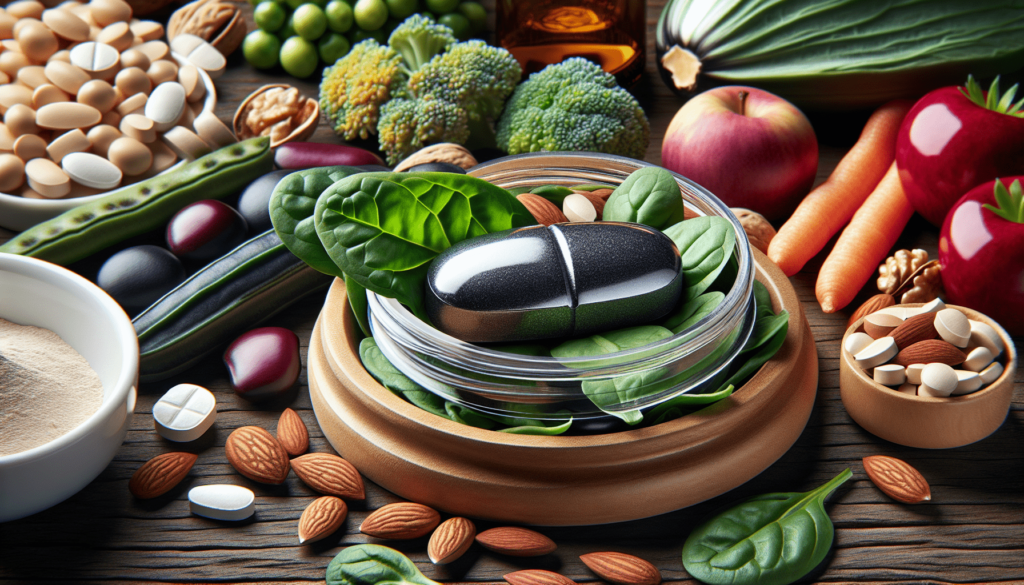
Zinc and COVID-19
During the COVID-19 pandemic, there has been increased interest in the potential role of zinc in supporting immune health and fighting off viral infections. While more research is needed to determine the exact relationship between zinc and COVID-19, some studies have suggested that zinc may help reduce the severity and duration of respiratory infections.
Staying Informed
As our understanding of COVID-19 continues to evolve, it’s essential to stay informed and rely on credible sources of information. While zinc supplements may have potential benefits in supporting immune health, they should not be viewed as a cure or prevention for COVID-19. Maintaining good hygiene practices, following public health guidelines, and staying informed about the latest developments are crucial steps in protecting yourself and others during the pandemic.
Zinc and Pregnancy
Zinc is especially critical during pregnancy, as it plays a vital role in fetal growth and development. Pregnant women have higher zinc requirements to support the growth of the baby and ensure optimal health for both mother and child. Zinc deficiency during pregnancy can lead to various complications, such as low birth weight, preterm birth, and impaired infant development.
Supporting a Healthy Pregnancy
Ensuring adequate zinc intake is essential for pregnant women to support the health and development of their baby. Prenatal vitamins often contain zinc to help meet the increased needs during pregnancy. It’s vital for expectant mothers to work closely with their healthcare provider to ensure they’re getting the necessary nutrients for a healthy pregnancy and birth.
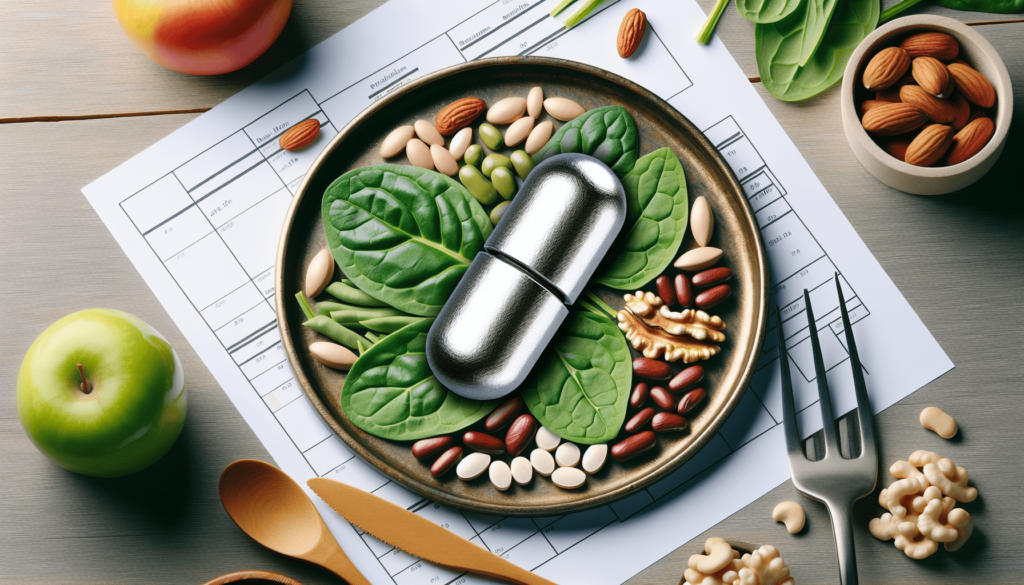
Zinc and Children’s Health
Zinc is crucial for children’s growth, development, and overall health. It plays a role in supporting the immune system, promoting growth and development, and maintaining healthy skin. Children who are deficient in zinc may experience delayed growth, weakened immune function, and increased susceptibility to infections.
Meeting Children’s Zinc Needs
Ensuring children are getting enough zinc in their diets is essential for supporting their growth and development. Including zinc-rich foods like lean meats, dairy products, nuts, and seeds in their meals can help meet their daily requirements. If you have concerns about your child’s zinc intake, speak with a pediatrician or healthcare provider for guidance.
Zinc and Athletic Performance
Athletes and active individuals may benefit from adequate zinc intake to support their training, performance, and recovery. Zinc plays a role in metabolism, energy production, and muscle repair, making it an essential mineral for athletes. Studies have shown that zinc deficiency can negatively impact athletic performance and recovery.
Enhancing Athletic Performance
Incorporating zinc-rich foods into your diet can help support your athletic performance and recovery. Foods like lean meats, nuts, seeds, and whole grains can provide the zinc your body needs to fuel your workouts and optimize your results. If you’re an athlete or regularly engage in physical activity, paying attention to your zinc intake can help you perform at your best.
Zinc and Mental Health
Zinc is not only essential for physical health but also plays a role in mental health and brain function. It is involved in neurotransmitter regulation, mood regulation, and cognitive function. Research has suggested that zinc deficiency may be linked to mental health conditions like depression, anxiety, and ADHD.
Nourishing Your Brain
Ensuring you’re getting enough zinc in your diet can help support your brain health and cognitive function. Foods like nuts, seeds, whole grains, and legumes are excellent sources of zinc that can help nourish your brain and support mental well-being. If you’re struggling with mental health issues, it’s essential to seek support from a mental health professional and ensure you’re getting the necessary nutrients for optimal brain function.
Zinc and Age-Related Macular Degeneration (AMD)
Age-related macular degeneration (AMD) is a leading cause of vision loss in older adults, affecting the central part of the retina. Research has shown that zinc plays a crucial role in eye health and may help reduce the risk of developing AMD. Zinc is a component of the pigmented layer of the retina and helps protect against oxidative damage.
Protecting Your Vision
Including zinc-rich foods in your diet may help support eye health and reduce the risk of age-related macular degeneration. Foods like leafy greens, seafood, eggs, and nuts can provide the zinc your eyes need to stay healthy. If you have a family history of AMD or are concerned about your eye health, talk to an eye care professional about steps you can take to protect your vision.
Zinc and Hair Health
Zinc is essential for maintaining healthy hair, as it plays a role in hair growth, repair, and strength. Zinc deficiency has been linked to hair loss, thinning, and poor hair quality. Incorporating zinc-rich foods into your diet or using zinc-containing hair products may help support hair health and promote stronger, fuller hair.
Nourishing Your Hair Follicles
Ensuring you’re getting enough zinc in your diet can help nourish your hair follicles and support healthy hair growth. Foods like oysters, beef, pumpkin seeds, and chickpeas are excellent sources of zinc that can help promote strong, vibrant hair. If you’re experiencing hair loss or changes in hair quality, consider speaking with a dermatologist or healthcare provider for guidance.
Zinc and Heart Health
Zinc is involved in various processes that support heart health, including blood pressure regulation, cholesterol metabolism, and inflammation reduction. Research has shown that zinc deficiency may be linked to an increased risk of heart disease and cardiovascular problems. Ensuring you’re getting enough zinc in your diet may help protect your heart and support overall cardiovascular health.
Supporting a Healthy Heart
Incorporating zinc-rich foods like lean meats, nuts, seeds, and whole grains into your diet can help support your heart health and reduce the risk of heart disease. Maintaining a balanced diet, staying active, and managing stress are essential components of a heart-healthy lifestyle. If you have concerns about your heart health, consult with a healthcare provider for personalized guidance and support.
Conclusion
Zinc is an essential mineral that plays a crucial role in various bodily functions, from immune health to skin health, and beyond. Ensuring you’re getting enough zinc in your diet is essential for maintaining optimal health and well-being. Whether you’re looking to boost your immune system, support your skin, or optimize your athletic performance, zinc has something to offer for everyone. By incorporating zinc-rich foods into your diet or considering supplementation if needed, you can unlock the benefits of this powerful mineral and take control of your health. Remember to listen to your body, stay informed, and consult with healthcare professionals for personalized guidance on incorporating zinc into your daily routine.

